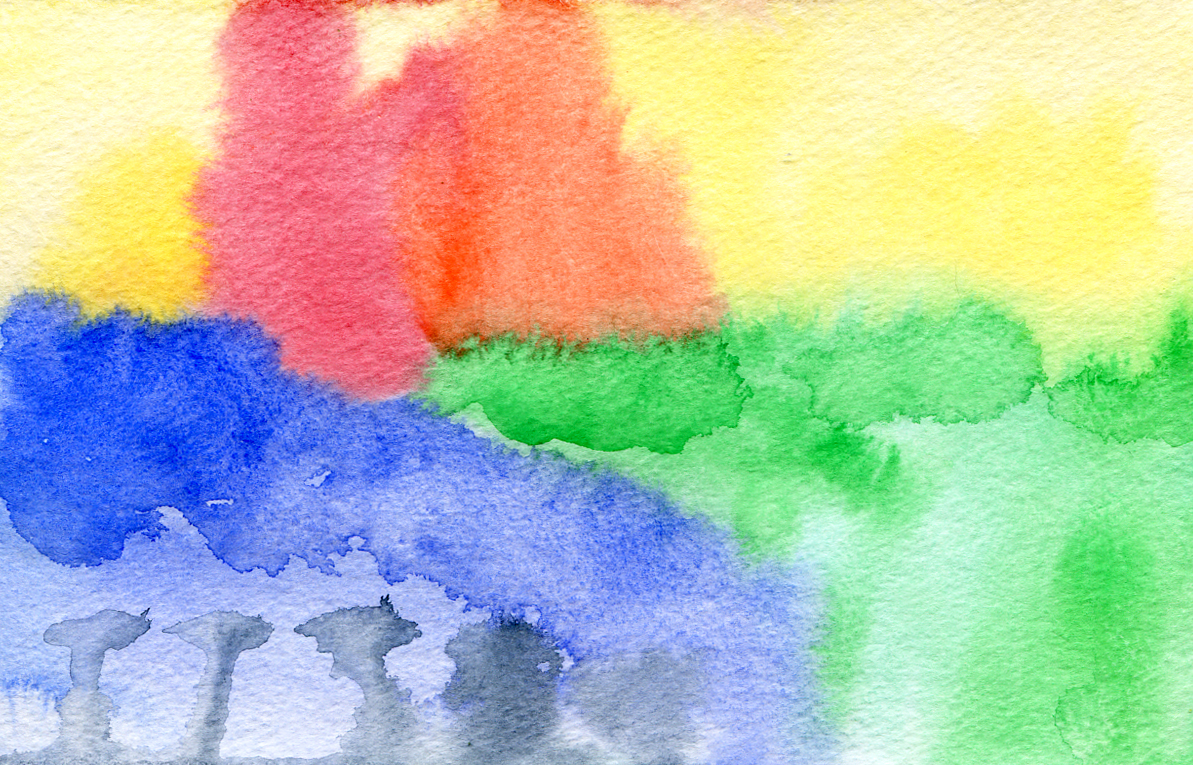A Kinder, Gentler DMCA or…
What’s more criminal – Pinterest or Led Zeppelin II?
Someday I will write a love letter to and about Pinterest. But for now, I’ll write about an unusual thing that happened to me Monday.
As of this week, I think I am the only American with a DMCA takedown (over Pinterest) who has never had a speeding ticket. Or both of those who was also an ice cream man for 3 years and a manager at a fish & chips restaurant for 3 months. (I hope I’m “only” at something.)
I received two (2) identical emails this week from Pinterest. They were very professional, respectful and kindly. Because the emails were in accordance with the Digital Millennium Copyright Act, one shouldn’t expect adjectives such as professional, respectful and kindly but they were. I guess that’s just how Pinterest is – the kinder, gentler hub for copyright infringement. The softer side of federal law enforcement.
We “pinners,” those who chug, those who swallow and those who merely sip from the Pinterest Kool-Aid, understand that we toil in the world of photographs. We find photos that someone else took, or “authored” in the words of the Copyright Law, and then copy them by means of a “Pin It” tool created and provided by Pinterest. There is one more step – we have to provide a written character or a few, many or hundreds of characters that all be displayed bekiw the photo we pinned. Our work as Pinterest pinners, therefore, is four-fold:
1. we find a photo
2. we copy it
3. we decide which of our boards should house this photo
4. we provide text underneath the photo
There are other options as well, options which I often delve into:
5. I add a link that will enhance the meaning of my pin and/or board. Often this can be a performance on YouTube.
6. I publicize this new pin on my board by posting bit.ly links to it on Facebook, Twitter, Google Plus, LinkedIn, Tumblr and So.cl.
I know that millions of other Pinners and I are guilty of copyright infringement and the penalty for this significant busting of federal law can be enormous – anywhere from $750 to $150,000 per offense. With two (2) infringements brought to my attention (because I reposted Gary Larson Far Side dog/cat cartoons I stumbled upon on the Internets), I could have been fined as much as $300,000.00. Fortunately, Gary Larson and Pinterest seem to want me to survive. Pinterest even goes so far as to encourage me to keep battering the Copyright Law of the United States and any copyrighted photograph in my way with their sincere, “Happy Pinning and thanks again for using Pinterest.” I’m thrilled that they didn’t word this as they could have:
“You have twice violated Title 17 of The United States Code. You will be prosecuted to the fullest extent of the law. Even your friends won’t know recognize you are when we are done with you. And it won’t be cinematic.” Fortunately, I am in the presence of more charitable, benevolent souls.
___________________________________________________________________
Here is the email I received from Pinterest. The only heavily legalese word is “per.” They didn’t mean “percent.” And I would venture to guess that very few legal DMCA takedown notices use the word, HAPPY. Pinterest even utters the sweetest and most insincere thing one can say in a romantic breakup. It wasn’t “…you or your pin.” It’s me, not you.
Hi E. Michael Harrington (emh2625),
We’re getting in touch to let you know we received a copyright complaint and have removed one (or more) of your Pins. The complaint wasn’t directed against you or your Pin; it was directed against another user’s Pin of the same content from:
http://3.bp.blogspot.com/_
9ihK9_CfYX0/S7nZBZ7y-0I/ AAAAAAAACUY/o7kMVh_3L7g/s1600/ gary+larson.jpg While many copyright owners are happy to have their content on Pinterest, we recognize that some do not want their content to appear on Pinterest, or did not receive attribution for the content. When a copyright owner sends us a complete notice per the Digital Millennium Copyright Act (DMCA), it’s our policy to remove the Pin(s).
Again, this complaint was not directed at you, or anything you did: we just thought you’d like to know why we removed your Pin.
Happy Pinning and thanks again for using Pinterest.
The Pinterest Team
Pinterest DMCA #ID 99753122
___________________________________________________________________
I will miss this Gary Larson Far Side pin of a dog on trial, with this dog defense attorney pleading to a jury not of his peers but of cats. The dog defense attorney pleads,
“A cat killer? Is that the face of a cat killer? Cat chaser maybe. But hey—– who isn’t?”
In my sadness at the Far Side eradication, I softly but resolutely sing this empowering message to my deleted pins (adapted from the tragic heartbreaking ending of Titanic):
“You’re here, there’s nothing I fear
And I know that my pins will go on
We’ll stay forever this way
You are safe in my heart
And my pins will go on and on”
___________________________________________________________________
Oh yeah. To answer the question posed in the title – Is there more copyright infringement in Pinterest or Led Zeppelin II?
The answer is simple – Pinterest. Virtually every pin on every board is a copy of a copyrighted photograph. On Led Zeppelin II, not every song references (or copies) Chess Records’ recordings but at least three (3) of the eight (8) do:
Compare Led Zeppelin “Whole Lotta Love” to Muddy Waters “You Need Love.”
Compare Led Zeppelin “Lemon Song” to Howlin’ Wolf “Killing Floor.”
Compare Led Zeppelin “Bring It On Home” to Sonny Boy Williamson “Bring It On Home.”
Led Zeppelin is a wonderful subject for many other posts and I can provide links to those songs. For now, I ponder the fates of those black and white dogs, cats and jurors memorialized in those pins I willfully copied and repurposed.
As always I look forward to your comment and questions.
Annuit coeptis.



